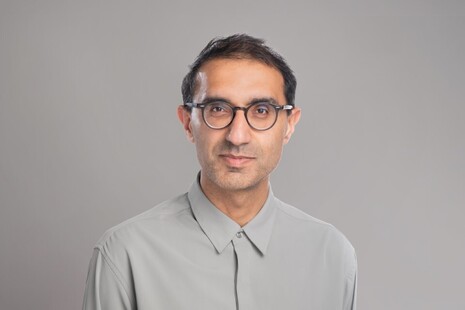Figures from Ofcom have revealed that parts of the United Kingdom continue to have high instances of ‘total not spots’, where internet or voice connectivity from all operators is absent
A new Ofcom report has shown Scotland remains the UK nation with the most patchy connectivity.
The report revealed Scotland had the highest proportion of ‘total not spots’ – where connectivity from all operators is completely absent – for both 4G internet and voice and text services. Respective totals of 11% and 7% of the country is in this category.
In contrast, elsewhere in the UK the proportion of gaps in 4G and mobile accessibility stand at 5% or lower in each case.
The figures for Scotland still represent marked progress from the previous year, when the prevalence of 4G voids stood at 16% while the 10% of the country was a voice-and-text not spots.
Related content
- Scottish council maps connectivity to help boost digital inclusion
- Digital exclusion: Scotland pauses iPad distribution scheme
- Connectivity improvements among scarce levelling-up ‘bright spots’, report finds
The proportion of Scotland which has coverage from at least one of the four mobile network operators – Vodafone, EE, Three and O2 – stands at 89%, five points higher than in 2023, while the proportion that has coverage from all four MNOs has increased by 17 percentage points.
Meanwhile, more than three fifths of Scottish homes now have access to full-fibre broadband, which is up from around half in 2023, while rural areas saw a four point increase in superfast broadband – the highest increase of any area in the UK.
Glenn Preston, Ofcom’s Scotland director said: “It is heartening to see this report find that there are enhanced connectivity options across the country and supporting a broader range of Scotland’s population. Nonetheless, the report also demonstrates that Scotland remains, by many metrics, the least connected of the UK’s four nations, with the situation often more challenging in rural and island areas. There are a range of emerging technologies which are already being deployed to tackle the remaining gaps, and which will be critical to delivering connectivity for all Scots in the years ahead.”

A version of this story originally appeared on PublicTechnology sister publication Holyrood





